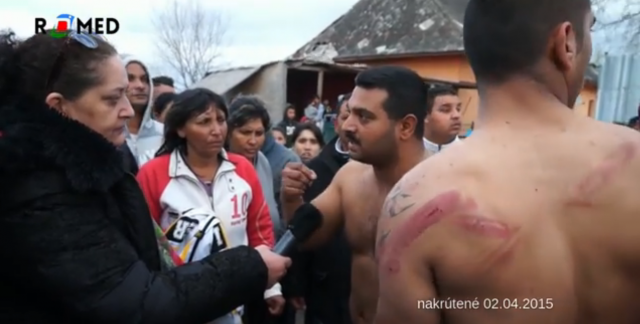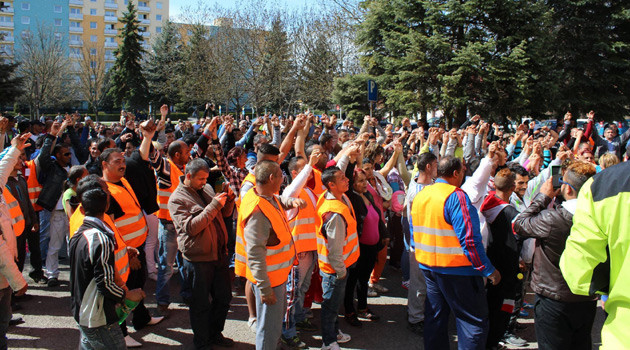Moldava nad Bodvou Police Brutality Case Goes to Europe, but will Justice Prevail?
17 October 2018
Despite the latest moves at the ECtHR over the violent police raid in the Slovak village of Moldava nad Bodvou over five years ago, the prospect of justice for the victims seems as remote as ever. The concept of justice has got to mean more than a positive ECtHR judgment for the individual victims who were brutally assaulted in their homes. Justice means an end to the prosecution of the victims for perjury; justice means providing for a thorough and fully independent investigation of the incident, and justice also means tacking appropriate disciplinary action against those officials who by their actions or inaction have hindered the investigation of the police raid.

At this point, the Slovak state authorities will face official enquiries from the ECtHR regarding the investigation of the police raid. While in theory, this could be seen as positive news that might potentially shed light on what transpired five years ago in this massive attack by police on the Roma neighbourhood. However in practice, the same people who have been part of the cover-up, and responsible for the botched and deeply flawed investigation are now the ones who should provide answers to the ECtHR.
It seems unlikely that the current interim President of the Slovakian Police Force would have much incentive to act independently in this inquiry. Milan Lucansky, was deputy president of the Slovakian Police when the raid in Moldava nad Bodvou occurred, and subsequently headed the unit charged with running internal police investigations from 2016 to 2018. During this stint, no police were found guilty of wrong-doing despite mounting evidence of excessive force during the attack, but rather four of the victims ended up charged with perjury. His made his own attitude clear when he alleged that the Roma beat themselves up:
"There was also information that some people came there, pulled out the hoses, and told them to start fighting to make it look like cops beat them up."
The whole sorry saga of justice perverted in the aftermath of the Moldava raid is a consequence of the lack of an independent oversight body to investigate police wrongdoing in Slovakia. In response to a series of national and international criticism, the current government proposed new amendments to provide more independence by introducing a system of government appointments, instead of the Minister of Interior, and moving inspections under the police authority, but funding for investigations remains under the Ministry of the Interior.
 About 300 Romani people protesting on 10 April 2015 in the Slovak town of Michalovce against police brutality. (Romea.cz / DikTV)
About 300 Romani people protesting on 10 April 2015 in the Slovak town of Michalovce against police brutality. (Romea.cz / DikTV)
The newly proposed changes are merely incremental modifications to the workings of institutions that created a culture of impunity, let police officers guilty of violence go free, and as in this case, turned victims into perpetrators by charging them with perjury. If justice does eventually prevail at the ECtHR in the Moldava case, it will leave a bitter taste, for little will have changed inside the culture of the Slovak police force which may need reminding that it is duty bound to serve and protect without prejudice, racist or otherwise.




